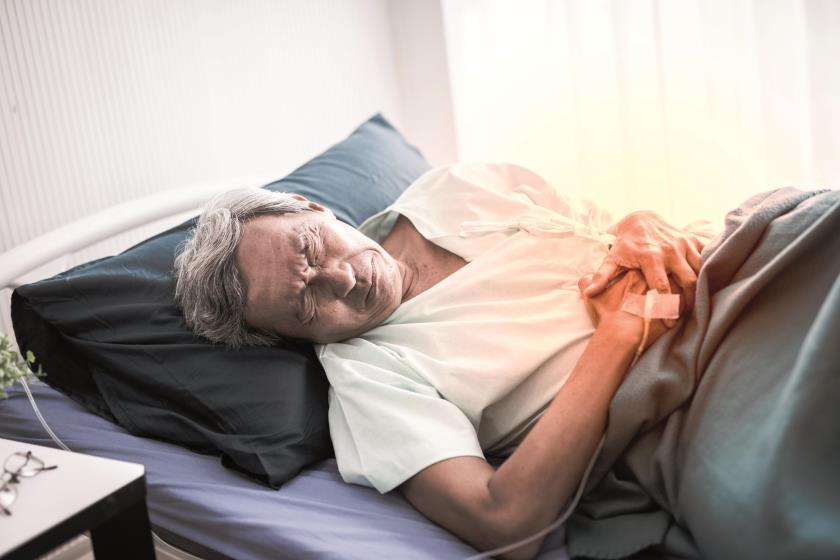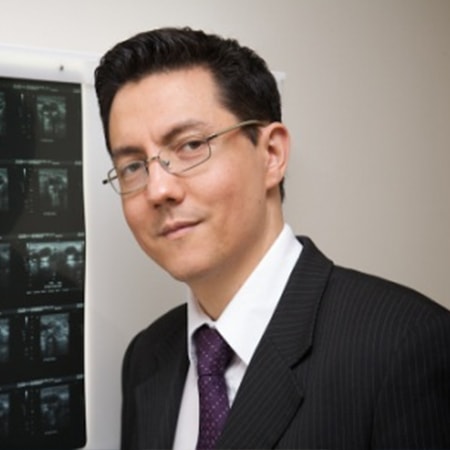“Abdominal pain, weight loss and black stools are associated with stomach cancer but they are also indicators of other issues such as ulcers and reflux disease,” Professor Kynan says.
“Older age is the main risk factor, but obesity and smoking can also increase your risk.”
“There are probably other environmental factors, as the prevalence of stomach cancer in Japan is ten times that of Australia. But when Japanese people move to Australia, their children's risk of stomach cancer reduces and their risk of colon cancer increases, suggesting a possible dietary or other environmental influence.”
Is there anything you can do reduce your risk of developing stomach cancer?
“There’s no sure way to prevent stomach cancer but maintaining a healthy weight and not smoking can reduce your risk.”
A diet rich in fruit, vegetables and whole grains is recommended, and some recent studies suggest that avoiding smoked and pickled foods and salted meats and fish is helpful.
If you are diagnosed with stomach cancer, also known as gastric cancer, you will need to obtain a gastroscopy and biopsies, see a specialist upper GI surgeon and oncologist to see how far the cancer has spread and your options for treatment. Depending on how much the cancer has spread, early cancers can be cured with surgery.
Stomach cancer begins from abnormal cells in the lining (mucosa) of the stomach. Tumours can begin anywhere in the stomach, although most start in the glandular tissue found on the stomach’s inner surface. This type of cancer is called adenocarcinoma of the stomach (also known as gastric cancer).
For more information about stomach cancer, visit the Cancer Council website.


